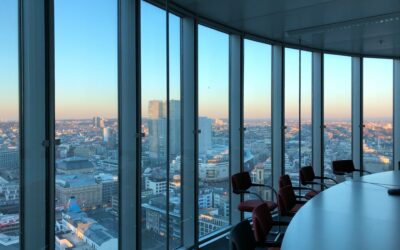In their paper Factor exposures and diversification: Are sustainably screened portfolios any different?, Arnaud Gougler (University of Fribourg) and Sebastian Utz (University of St. Gallen) analyzed the performance, risk, and diversification characteristics of sustainable investments.
They constructed global screened and best-in-class equity portfolios according to Inrate’s sustainability ratings. The researchers observed that screened portfolios excluding laggards show increased returns and diversification compared to the unscreened counterpart and that the financial performance of portfolios selecting the top 40 percent of stocks is not negatively impacted by the best-in-class approach. They found that the financial performance of sustainably high-rated portfolios is similar to the risk-adjusted market performance in terms of abnormal returns of a five-factor market model. In contrast, low-rated portfolios exhibit negative abnormal returns. Firms with high sustainability ratings show lower idiosyncratic risk and higher exposure toward the high-minus-low and the conservative-minus-aggressive factor.
The results suggest that creating portfolios based on Inrate’s ratings can benefit investors.




